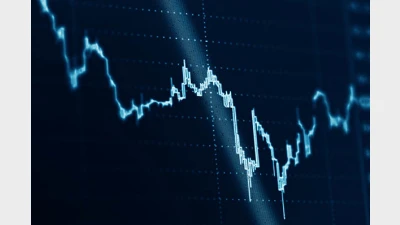Investor confidence rises in July


The State Street Global Investor Confidence index has increased 8.0 points from June, boosted by hopes that interest rates will rise less than expected.
The index was 102.2 in July, up from 94.2 in June, and led by an 8.1 point rise in the North American index and a smaller rise of 4.4 points in the Asian one. In Europe, the index rose by 0.7 points.
At the start of the year, the index was 85.6 points with the emergence of the Omicron variant and fears of the hawkish approach by the Federal Reserve.
Lee Ferridge, head of multi-asset strategy for the Americas at State Street Global Markets, said the index had been helped by interest rate expectations being lower than feared.
Interest rates were currently 1.35% in Australia, 1.25% in the United Kingdom and a range of 2.25%-2.5% in the United States.
“Investor confidence bounced significantly in July with the global index moving back above 100 for the first time since February.
“Global sentiment has been boosted by hopes that central bank rates will not need to rise as much as previously feared, as activity data shows signs of slowing.
“Whether the much hoped for soft-landing can be achieved, however, remains a major uncertainty.”
The Investor Confidence Index was developed at State Street Associates, State Street Global Markets’ research and advisory services business, in partnership with FDO Partners.
It measured investor confidence or risk appetite quantitatively by analysing the actual buying and selling patterns of institutional investors.
A reading of 100 would be neutral; it would be the level at which investors were neither increasing nor decreasing their long-term allocations to risky assets.
Recommended for you
As market volatility persists, some super funds are pivoting defensively, while others are strategically positioning to capitalise on emerging opportunities.
New data has shown a progressive deterioration in risk appetite among instos even prior to Donald Trump’s latest round of tariffs.
UniSuper has reached “peak investment” in US assets and is now preparing to reassess its exposures amid ongoing sharemarket volatility.
Investors have slashed their US equity allocations to the lowest level on record, according to new data from Bank of America.













